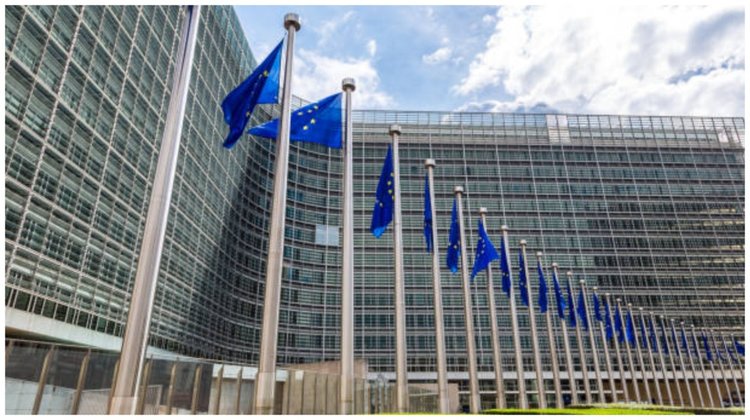Cyprus exits EU Excessive Imbalances procedure - 10 years on from crisis
07:39 - 25 May 2023

Cyprus has exited the European Commission’s excessive imbalances procedure (EIP), exactly 10 years after the financial crisis, EU documents issued under the spring package of the 2023 European Semester show.
The EIP procedure is activated when a member state is experiencing excessive vulnerabilities, placing it under enhanced surveillance to ensure compliance with EU fiscal rules.
Citing an EU official in Nicosia, the Cyprus News Agency reported that Cyprus has already achieved its medium-term fiscal target, as the EU is poised to restore its fiscal rules as the Stability Pact’s escape clause will be terminated at the end of 2023.
“Cyprus has achieved significant progress and it is on a path of gradual correction,” the official said, noting that the island is now in the imbalances procedure.
The exit from the EIP was mainly due to the reduction of private debt from 250% of GDP at end-2021 to 217% at the end of 2022, the reduction of public debt by 14.5 percentage points to 85% of GDP in 2022, as well as the decline of the stock of non-performing loans (NPLs) to 5.2% under the Commission’s methodology. The same official said that these indices are placed on a downward path.
Cyprus also showed improved Net International Investment Position to -105.3% of GDP which excluding special purpose entities declines further to -40.9% GDP.
Furthermore, echoing the EU Commission’s recommendations for Cyprus, he said that the government should expedite the implementation of its €1.1 billion National Recovery and Resilience Plan as Cyprus has received just one disbursement so far, achieving 14 milestones of the plan’s total 271. He also recalled that under the EU Recovery and Resilience Facility disbursements will end in June 2026.
The same official said that Cyprus should do more to promote renewable energy, in a bid to reduce dependency on fossil fuels highlighting that Cyprus should promote sustainable transport which accounts for 42% of energy demand in Cyprus.
The news was welcomed by Cyprus’ Ministry of Finance. "The government welcomes the fact that the package of measures announced today by the European Commission in relation to the European Semester, which among other things includes its decisions regarding the macroeconomic imbalances procedure, upgrades Cyprus to a higher category," the Ministry said in a press release.
"We also welcome the fact that the EU is seeing a significant decline in non-performing loans ratio (NPLs), while predicting that the decline will continue," it is noted.
The Ministry notes that the EU records that private debt, as a percentage of GDP, will continue to decrease, supported both by nominal GDP growth and by the deleveraging of households and businesses.
“At the same time the EU records that the public debt is steadily decreasing and is expected to decrease further in 2023 and 2024,” it adds.
The Ministry also notes that according to the Commission, measures implemented in the context of the national Resilience and Recovery contributed significantly in the improvement of the indicators.
(Source: CNA)

